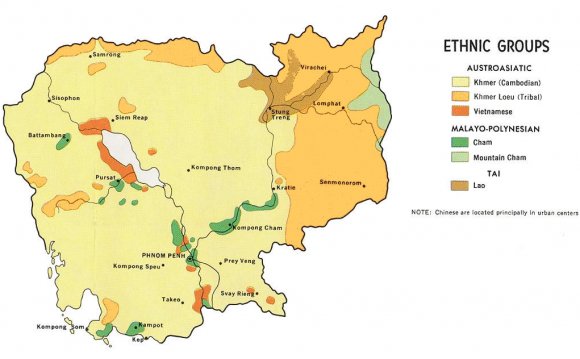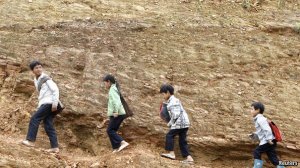
 XU XEO GIA ekes out a full time income in Pho, a remote village in Vietnam’s northern mountains. Mr Gia comes from the Hmong ethnic minority. He is grateful when it comes to knowledge and health-care subsidies that his family gets through the federal government. But he struggles on limited land to raise livestock and grow rice. The odd $25 he earns from offering a pig is just adequate to clothe his kiddies and keep creditors from increasing. “Life gets much better, ” he states, “but perhaps not quickly adequate.”
XU XEO GIA ekes out a full time income in Pho, a remote village in Vietnam’s northern mountains. Mr Gia comes from the Hmong ethnic minority. He is grateful when it comes to knowledge and health-care subsidies that his family gets through the federal government. But he struggles on limited land to raise livestock and grow rice. The odd $25 he earns from offering a pig is just adequate to clothe his kiddies and keep creditors from increasing. “Life gets much better, ” he states, “but perhaps not quickly adequate.”
The exact same is true for many individuals from Vietnam’s 53 ethnic minorities. They barely scrape by even while, in the places, over 2 full decades of economic growth has actually forged a car-buying middle income. Cultural groups comprise around 12m of Vietnam’s populace of 90m, but account fully for over two-fifths regarding the poor. They stay mainly into the countryside, and often high up inside mountains. They usually have higher illiteracy and school drop-out rates as compared to cultural Kinh vast majority, which has a tendency to treat minorities as an underclass. One research unearthed that employees from cultural minorities were paid-up to one fourth less for similar work than their particular Kinh colleagues.
Alert to widening disparity between Kinh and remaining populace, the government features for a long time attemptedto develop roads, schools and hospitals in hinterlands where a number of Vietnam’s poorest cultural teams live. Agricultural consulting alongside forms of development help tend to be pouring in. Le Quang Binh of iSEE, a human-rights team in Hanoi, claims that, although government guidelines towards cultural minorities have been patronising, the nationwide Assembly, Vietnam’s parliament, is drafting a raft of civil-rights guidelines that in theory could considerably improve their lot.
Many existing programmes for cultural teams tend to be undoubtedly clunky. In Pho Mr Gia gets free fertiliser, but what he wants is more pesticides to fight crop infestations. In other places, piglets and rice seeds are distributed to mountaintop facilities, yet the breeds and types tend to be best-adapted to your hotter lowlands. Class textbooks are mainly published in Vietnamese as opposed to in regional languages. The disconnect appears grounded in an over-all aloofness—even racism—among the Kinh towards minorities. Vietnam’s state-controlled hit is rife with ethnic stereotyping.
Equally worrying, Vietnam’s ethnic groups have actually ceded countless acres to Kinh settlers and developers, often with inadequate settlement. Land grabs are specifically typical inside north-west and central highlands, where state-affiliated corporations often need residential property concessions for mines, plantations and hydropower dams. Cultural minorities there complain of beatings, arrests and harassment for affiliations with informal churches or underground political groups.
Among the most persecuted will be the Montagnards, a mostly Christian minority in Vietnam’s central highlands whose users have actually freely protested against land holds and spiritual discrimination. Such as the Hmong, the Montagnards might be focused for repression in part because nearly all their particular parents and grandparents fought alongside American and Southern Vietnamese soldiers within the Vietnam war.
Any perceived minority challenges to Kinh hegemony are a “non-starter” for federal government, claims Stale Torstein Risa, an old Norwegian ambassador to Vietnam. The Communist celebration of Vietnam considers ethnic minorities its top national-security priority, he argues, much more crucial also than territorial sovereignty in the Southern China Sea, where Vietnam worries about Chinese encroachment. Another diplomat claims the party practises “systematic discrimination and exclusion” against any cultural minorities that may actually jeopardize its expert.
Maybe, says Phil Robertson of Human liberties Check out, the federal government keeps ethnic minorities out from the general public attention lest they develop the sort of worldwide profile—or separatist campaigns—that Tibetans and Uighurs from Asia have was able to carve completely. The alternative is hard to prove, although it does work that Vietnamese authorities prevent foreign charities and embassies from involved in the greater amount of restless corners associated with the north-west and main highlands.
YOU MIGHT ALSO LIKE












